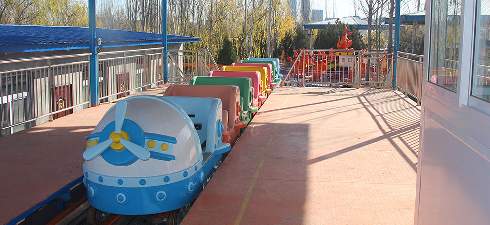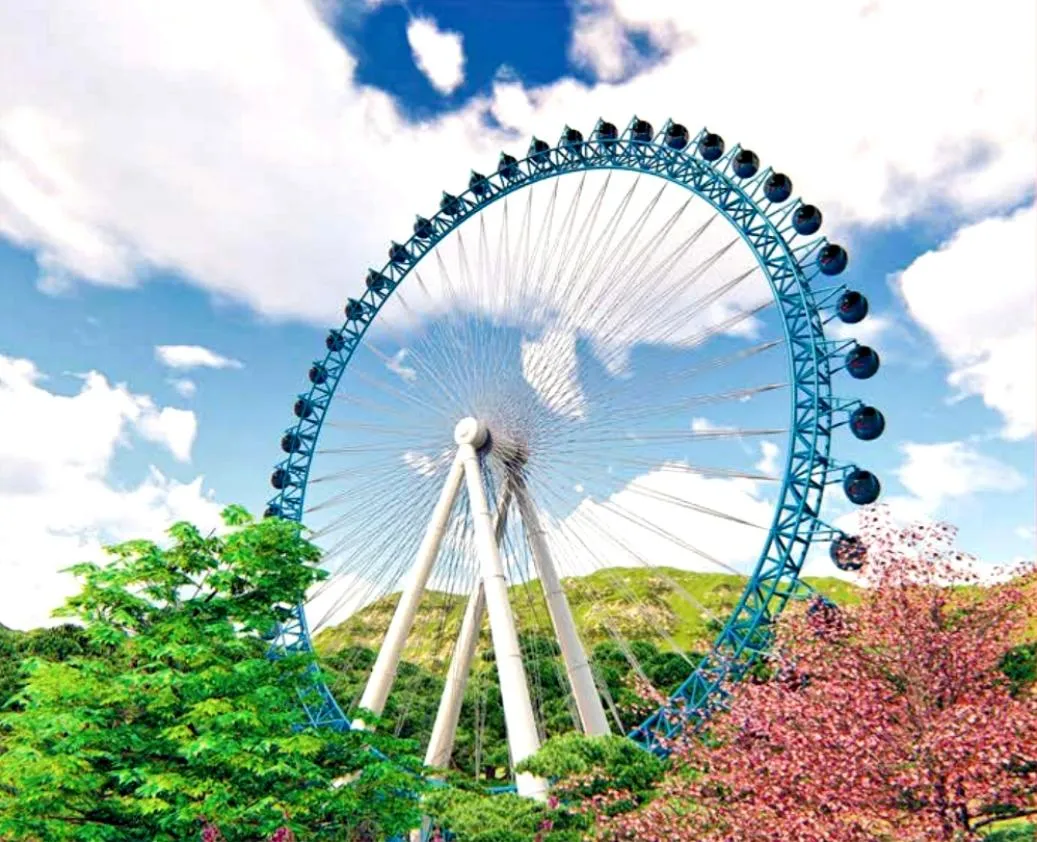1 月 . 24, 2025 03:07
Back to list
roller coaster for sale
Acquiring a roller coaster, once reserved for amusement parks and fairs, is now an intriguing and viable option for savvy entrepreneurs seeking to transform their local business landscape. This article delves into the extensive world of roller coasters for sale, offering valuable insights into what makes this unique investment an exemplary opportunity.
Cost considerations encompass more than the initial purchase price. Entrepreneurs must assess installation costs, maintenance, and operational expenses. Expert consultation can help navigate these financial waters, offering potential loopholes and budget allocation strategies. Furthermore, prospective owners might opt for refurbished models, which, while more cost-effective, demand careful inspection and history vetting to ensure operational integrity. Marketing a new roller coaster hinges on its uniqueness. A well-branded ride can become a beacon attraction, creating a linchpin for seasonal events, promotional campaigns, or exclusive ride experiences. Leveraging social media and digital platforms, future owners can construct captivating narratives around the origins, creative journey, and eventual installation of their coaster. Collaborations with influencers and media outlets further amplify public interest and anticipation. The longevity of a roller coaster as an investment also ties to strategic planning around technological advances. As virtual reality and augmented reality enhancements glide into mainstream attractions, integrating these technologies into a classic thrill ride offers a dual-faceted appeal, merging traditional excitement with modern innovation. Moreover, building a community around the roller coaster, from fan clubs to annual seasonal pass holders, transforms individual rides into a holistic entertainment ecosystem. This community engagement fosters loyalty and expands organic reach through word-of-mouth endorsements. In conclusion, buying a roller coaster is not merely a transactional acquisition but an experiential investment that can redefine customer experience and business success. Through precise planning, savvy engagement with expert entities, and astute marketing, entrepreneurs can turn a roller coaster into a cornerstone of entertainment, thrill, and sustained business growth.


Cost considerations encompass more than the initial purchase price. Entrepreneurs must assess installation costs, maintenance, and operational expenses. Expert consultation can help navigate these financial waters, offering potential loopholes and budget allocation strategies. Furthermore, prospective owners might opt for refurbished models, which, while more cost-effective, demand careful inspection and history vetting to ensure operational integrity. Marketing a new roller coaster hinges on its uniqueness. A well-branded ride can become a beacon attraction, creating a linchpin for seasonal events, promotional campaigns, or exclusive ride experiences. Leveraging social media and digital platforms, future owners can construct captivating narratives around the origins, creative journey, and eventual installation of their coaster. Collaborations with influencers and media outlets further amplify public interest and anticipation. The longevity of a roller coaster as an investment also ties to strategic planning around technological advances. As virtual reality and augmented reality enhancements glide into mainstream attractions, integrating these technologies into a classic thrill ride offers a dual-faceted appeal, merging traditional excitement with modern innovation. Moreover, building a community around the roller coaster, from fan clubs to annual seasonal pass holders, transforms individual rides into a holistic entertainment ecosystem. This community engagement fosters loyalty and expands organic reach through word-of-mouth endorsements. In conclusion, buying a roller coaster is not merely a transactional acquisition but an experiential investment that can redefine customer experience and business success. Through precise planning, savvy engagement with expert entities, and astute marketing, entrepreneurs can turn a roller coaster into a cornerstone of entertainment, thrill, and sustained business growth.
Next:
Latest news
-
Top Amusement Equipment Manufacturer Rock n Roller Coaster & Carousel ManufacturerJun.10,2025
-
World's Scariest Roller Coaster Experience Ultimate Thrill & HeightJun.10,2025
-
Ultimate Thrill Ride Roller Coaster High-Speed, Safe AdventureMay.30,2025
-
Carousel Mansfield Rides Premium Indoor & Event SolutionsMay.30,2025
-
T3 Roller Coaster High-Thrill, Safe Ride for Theme Parks & ResortsMay.30,2025
-
Roller Coaster Cart Design Custom-Built & High-Safety Thrill Ride VehiclesMay.30,2025
